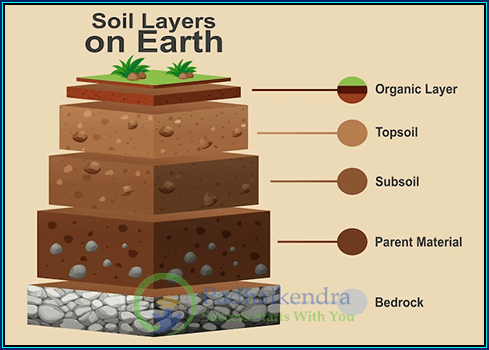Earthquakes are typically caused by the movement of tectonic plates, which are large sections of the Earth’s crust that move relative to each other. When two plates are moving towards each other, one may be forced beneath the other in a process called subduction. This can lead to the buildup of stress in the crust, which is released as an earthquake when the plates finally slip past each other.
Another common cause of earthquakes is the movement of faults, which are cracks in the Earth’s crust where two blocks of rock have moved relative to each other. As the blocks continue to move, stress can build up along the fault, which is eventually released in the form of an earthquake.
Earthquakes can also be triggered by human activity, such as the construction of large dams, the injection of wastewater into deep wells, and the mining of natural resources. In some cases, these activities can alter the stress levels in the Earth’s crust and lead to the occurrence of an earthquake.
Volcanic activity can also cause earthquakes, particularly when magma moves beneath the Earth’s surface. As the magma moves, it can cause the surrounding rock to fracture and generate seismic waves.
In addition, earthquakes can be triggered by meteorite impacts, although this is a relatively rare occurrence.





